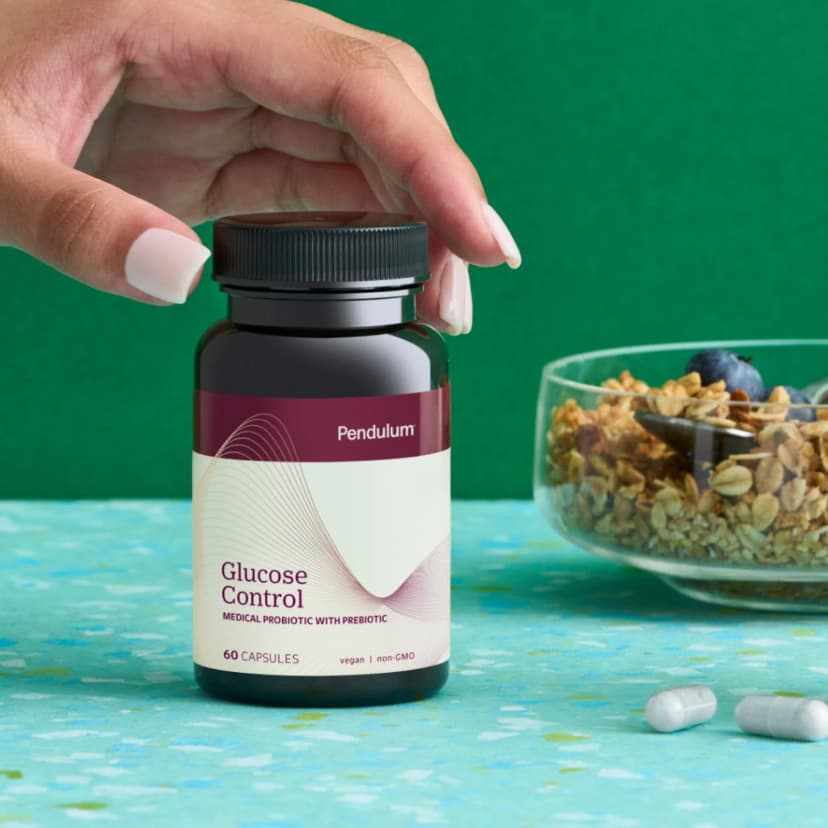CBD oil, derived from the cannabis plant, has gained significant attention for its potential health benefits. While some claim it can help with issues like anxiety, pain, and inflammation, it's crucial to understand both its advantages and risks. This article dives into what CBD oil is, its possible benefits, the risks involved, and how to use it safely.
Key Takeaways
- CBD oil is extracted from the cannabis plant and is different from marijuana.
- It may offer benefits like pain relief, reduced inflammation, and help with mental health issues.
- CBD oil can have side effects such as dry mouth, diarrhea, and drowsiness.
- Consulting a healthcare professional before using CBD oil is essential for safety.
- Research on CBD oil is ongoing, and its legal status varies by location.
Understanding Cannabidiol (CBD) Oil
Origins and Extraction
Cannabidiol, or CBD, is one of about 540 active ingredients found in the cannabis plant. CBD oil can be extracted from all types of cannabis plants, but the CBD oil used in most over-the-counter (OTC) products is extracted from hemp. Hemp is a word used to describe any cannabis plant that contains less than 0.3% THC.
Chemical Composition
Cannabidiol (CBD) is a cannabinoid that is mixed with a carrier oil to make CBD oil. Cannabinoids act on the body's endocannabinoid system to regulate anxiety, mood, and appetite. CBD is extracted from cannabis plants (e.g., Cannabis indica, Cannabis sativa, and Cannabis ruderalis). However, the hemp plant (Cannabis ruderalis) typically contains higher quantities of CBD.
Legal Status
The legal status of CBD oil varies by country and even by state. In the United States, CBD oil derived from hemp (containing less than 0.3% THC) is legal at the federal level, but some states have their own regulations. It's important to check local laws before purchasing or using CBD oil.
Note: Always consult with a healthcare professional before starting any new supplement, including CBD oil.
Potential Benefits of CBD Oil
Pain Relief and Anti-Inflammatory Properties
CBD oil is often used for its pain-relieving and anti-inflammatory effects. Many people use it to manage chronic pain conditions like arthritis and joint pain. It is believed to interact with receptors in the brain and immune system to reduce inflammation and alleviate pain.
Mental Health Applications
CBD oil is also popular for its potential mental health benefits. Some studies suggest it may help reduce symptoms of anxiety and depression. People with sleep disorders, such as insomnia, may find that CBD oil helps them sleep better.
Neurological Benefits
Research is ongoing, but there is some evidence that CBD oil may offer neurological benefits. It has been studied for its potential to help with conditions like epilepsy and multiple sclerosis (MS). Some people with Parkinson's disease and Alzheimer's disease also report improvements in symptoms when using CBD oil.
While the potential benefits of CBD oil are promising, it's important to consult with a healthcare professional before starting any new supplement, especially if you have existing health conditions or are taking other medications.
Risks and Side Effects of CBD Oil
Common Side Effects
While many people tolerate CBD oil well, there are some potential side effects to be aware of. These can include:
- Fatigue
- Diarrhea
- Changes in appetite
- Weight gain or weight loss
It's important to note that these side effects are generally mild and temporary. However, they can be more pronounced in some individuals.
Drug Interactions
CBD oil can interact with other medications, which may alter their effectiveness. This is particularly important for medications such as blood thinners. Always consult your healthcare provider before starting CBD oil, especially if you are on other medications.
Long-term Health Risks
Research on the long-term health risks of CBD oil is still ongoing. Some studies suggest potential liver damage and other health issues with prolonged use. Because most CBD products are not FDA-approved, their long-term safety is not guaranteed.
If you are considering using CBD oil, it's crucial to discuss it with your doctor to ensure it's safe for you. Always follow dosage recommendations and choose high-quality products to minimize risks.
Comparing CBD Oil and Marijuana
Differences in Composition
CBD oil and marijuana come from the same plant family, but they are quite different. CBD oil is usually made from hemp plants, which have very low levels of THC (0.3% or less). On the other hand, marijuana has higher levels of THC, the compound that makes you feel "high." While CBD oil contains mostly CBD, marijuana has hundreds of compounds, including a lot of THC.
Psychoactive Effects
CBD oil does not make you feel high because it doesn't have much THC. Instead, it works on different brain receptors that help with pain and mood without causing a high. Marijuana, however, has a lot of THC, which binds to brain receptors and creates a high feeling.
Legal Considerations
The legal status of CBD oil and marijuana is different. In many places, CBD oil is legal if it has less than 0.3% THC. Marijuana laws vary a lot; some places allow it for medical or recreational use, while others do not allow it at all.
It's important to know the laws in your area before using CBD oil or marijuana. Always check local regulations to stay informed and safe.
Guidelines for Using CBD Oil Safely
Consulting Healthcare Professionals
Before starting CBD oil, talk to your doctor. They can help you understand if it's right for you and how it might interact with any medications you're taking. This is especially important if you have underlying health conditions.
Dosage Recommendations
Experts suggest beginning with a low dose of CBD and gradually increasing it. This approach helps you find the right amount for your needs while minimizing potential side effects. Always follow your healthcare provider's advice on dosage.
Choosing Quality Products
When selecting CBD oil, look for products that have been tested by third-party labs. This ensures the product contains the amount of CBD advertised and is free from harmful additives. Be cautious of products with very low prices, as they may not meet quality standards.
Remember, not all CBD products are created equal. Quality and content can vary widely, so choose wisely to ensure safety and effectiveness.
Current Research and Future Directions
Ongoing Studies
Research on CBD oil is expanding rapidly. Scientists are exploring its potential to treat a variety of conditions, from chronic pain to mental health disorders. New studies are being published regularly, shedding light on how CBD interacts with the body and its possible benefits.
Regulatory Developments
The legal landscape for CBD oil is also evolving. Governments around the world are re-evaluating their stance on CBD, leading to changes in regulations. This shift could make CBD more accessible to those who need it.
Potential for New Treatments
The future looks promising for CBD oil. Researchers are optimistic about its potential to offer new treatments for conditions that are currently hard to manage. Ongoing studies and future research will likely uncover even more uses for this versatile compound.
The growing body of research and changing regulations suggest that CBD oil could become a mainstream treatment option in the near future.
Conclusion
CBD oil has gained a lot of attention for its potential benefits, such as reducing pain, anxiety, and inflammation. However, it's important to remember that research is still ongoing, and many of the claims about CBD are not yet backed by solid evidence. While some people may find relief using CBD oil, it can also come with side effects and risks, especially if taken without medical advice. Always consult with a healthcare provider before starting any new treatment. As with any supplement, it's crucial to weigh the potential benefits against the possible risks.
Frequently Asked Questions
What is CBD oil?
CBD oil is a natural oil extracted from the cannabis plant. It contains cannabidiol (CBD), which is a compound believed to have various health benefits.
Is CBD oil legal?
The legality of CBD oil varies by state and country. In some places, it is legal, while in others, it is not. Always check local laws before purchasing or using CBD oil.
What are the potential benefits of using CBD oil?
CBD oil may help with pain relief, reducing inflammation, and managing anxiety and depression. However, more research is needed to confirm these benefits.
Are there any side effects of using CBD oil?
Yes, some people may experience side effects such as dry mouth, diarrhea, reduced appetite, drowsiness, and fatigue. It can also interact with other medications.
Can CBD oil make you feel high?
No, CBD oil does not make you feel high. Unlike THC, another compound found in cannabis, CBD is not psychoactive.
Should I consult a doctor before using CBD oil?
Yes, it is important to consult a healthcare professional before using CBD oil, especially if you are taking other medications or have underlying health conditions.




















